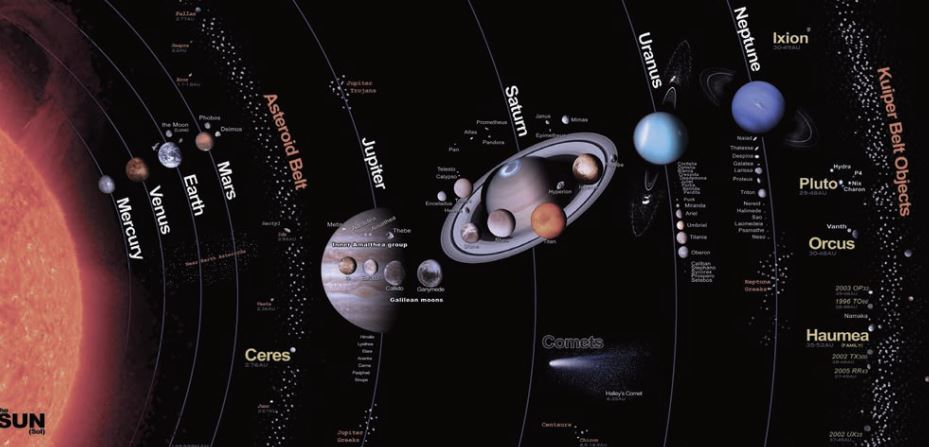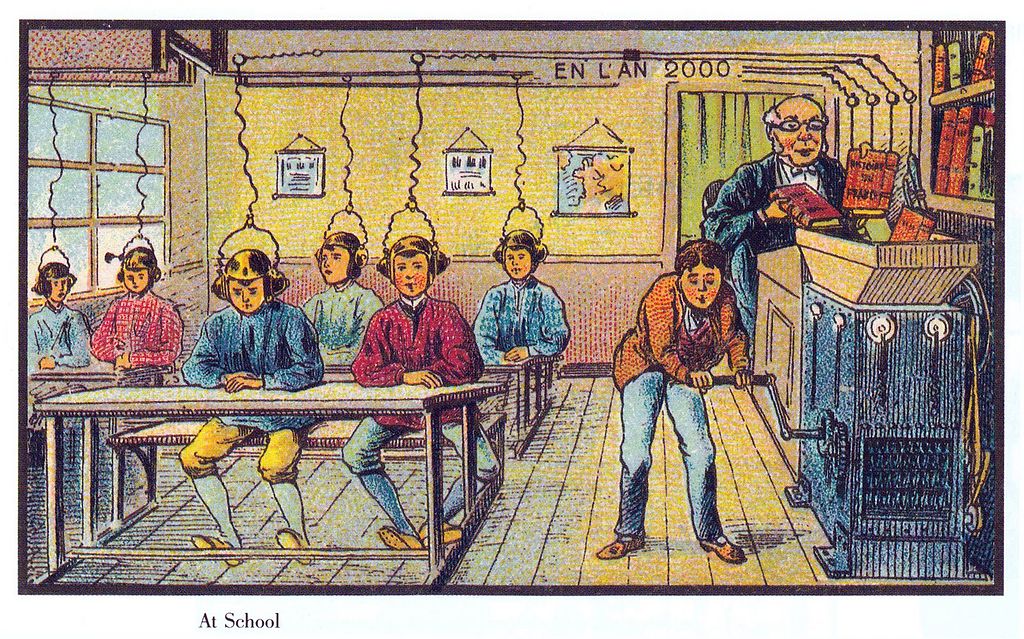Construction and working of Laser Tnpsc
Laser This article is compiled for the topic “ Laser” in General Studies Tnpsc. This note is compiled from Samacheer Kalvi Book. This note is for revision only. Kindly refer to the Original Samacheer Kalvi book for more clarity. Laser meaning or laser full form is light amplification by the stimulated emission of radiation. The … Read more









